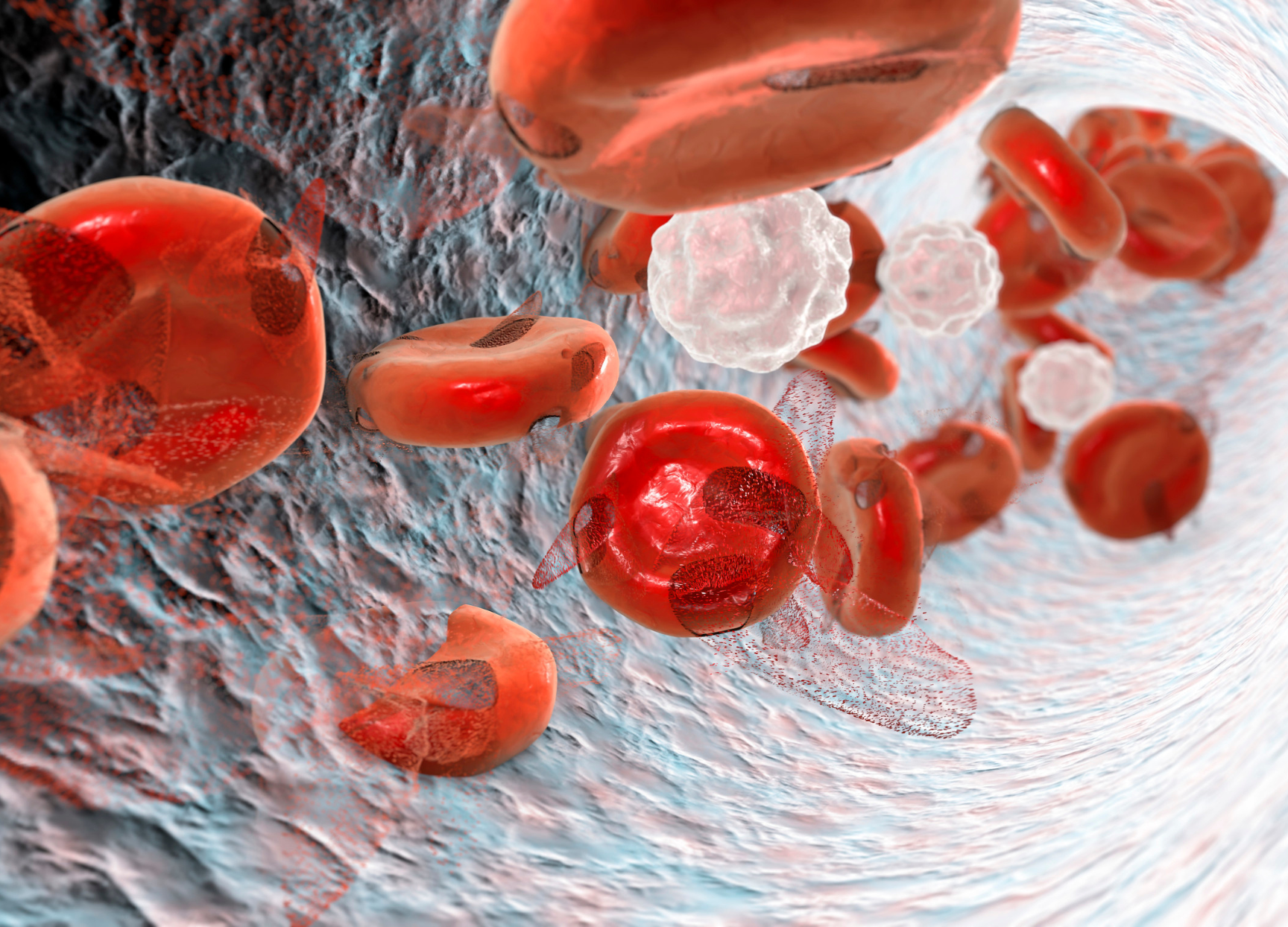Dr Constantinos Parisinos
Consultant Gastroenterologist
Specialist expertise: Gastroenterology, Pancreatobiliary Medicine, Interventional Endoscopy, Gastroscopy, Colonoscopy, Irritable Bowel Syndrome, Therapeutic Endoscopy, Endoscopic Retrograde Cholangiopancreatography, Endoscopic Ultrasound, Polypectomy, Abnormal Liver Function, Abdominal Pain, Pancreas Disease, Pancreatic Cancer, Pancreatitis, Gastroesophageal Reflux Disease, Small Intestinal Bacterial Overgrowth.

